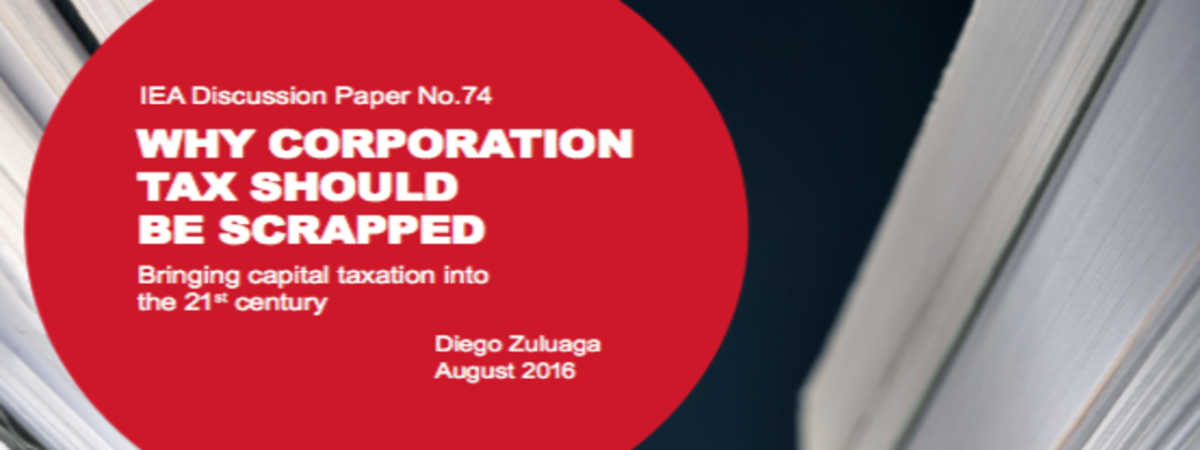Moral panic surrounding fixed-odds betting terminals baseless and unwarranted
SUGGESTED

IEA releases new report on corporate taxation

IEA releases a critique of rent control proposals

IEA releases new report on fixed-odds betting terminals
Much of the moral panic that surrounds FOBTs can largely be attributed to ignorance and misinformation. Campaigners and the media often fail to make the distinction between money staked and money lost, creating the perception that British gamblers spend vastly more on FOBTs than they really do. There is no evidence that the machines have triggered increases in gambling addiction and contrary to popular belief, there has not been a ‘proliferation’ of betting shops in recent years.
Key findings:
- FOBTS only make up 13.6% of UK’s total gambling expenditure – half the amount of either lotteries or online gambling.
- The UK currently has fewer betting shops than at any time since 2003.
- There was a slight increase of less than 3 per cent in betting shops between 2009 & 2014 but subsequent closures have reduced this total.
- There is no evidence that problem gambling has increased & certainly none that can be attributed to the use of FOBTs.
- Surveys carried out in 1999, 2007 and 2010 all found similar rates of problem gambling, at 0.6 per cent of the adult population.
Why knee-jerk regulation is not the answer
Problem gambling is not ‘caused’ by specific gambling products – punters play on many different platforms, so targeting FOBTs is futile in the quest to tackle this. Currently, FOBT regulation such as enforced breaks, spending limits and time limits are adequate, if not overly-excessive.
More draconian regulations on FOBTs in a world where punters can place unlimited bets on their mobile phones, would be ineffective and damaging to the industry as a whole. Helping problem gamblers without restricting the freedom of choice for the majority must be a priority.
Commenting on the report, Christopher Snowdon, Head of Lifestyle Economics at the Institute of Economic Affairs said:
“Campaigners against FOBTs have been nothing if not persistent. In the three years since I first wrote about this issue the predicted epidemic of problem gambling has failed to materialise. The number of betting shops has dwindled and FOBTs now make up just 13.6% of Britain’s gambling spend. The number of problem gamblers stubbornly refuses to rise and the moral panic about FOBTs continues thanks to claims that can easily be shown to be untrue.
“FOBTs might not be to everybody’s taste but they have a place in the modern industry and existing regulation and taxation is more than adequate, if not excessive, for a gambling product that is only available in licensed, adult-only establishments.”
Notes to editors:
For media enquiries please contact Nerissa Chesterfield, Communications Officer: nchesterfield@iea.org.uk or 020 7799 8920
A previous IEA report from 2013 on fixed-odds betting terminals, The Crack Cocaine of Gambling? can be found here.
The mission of the Institute of Economic Affairs is to improve understanding of the fundamental institutions of a free society by analysing and expounding the role of markets in solving economic and social problems.
The IEA is a registered educational charity and independent of all political parties.



